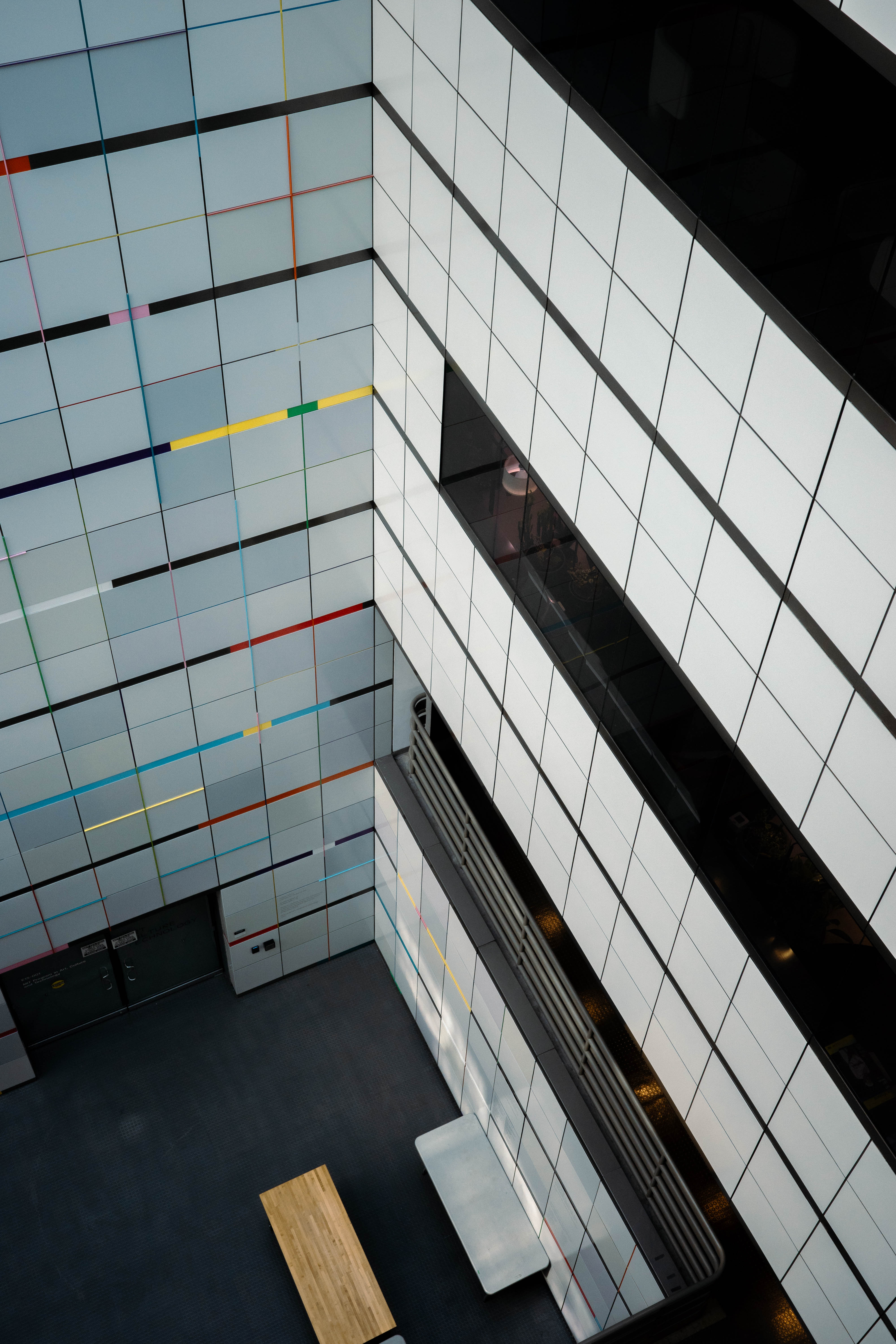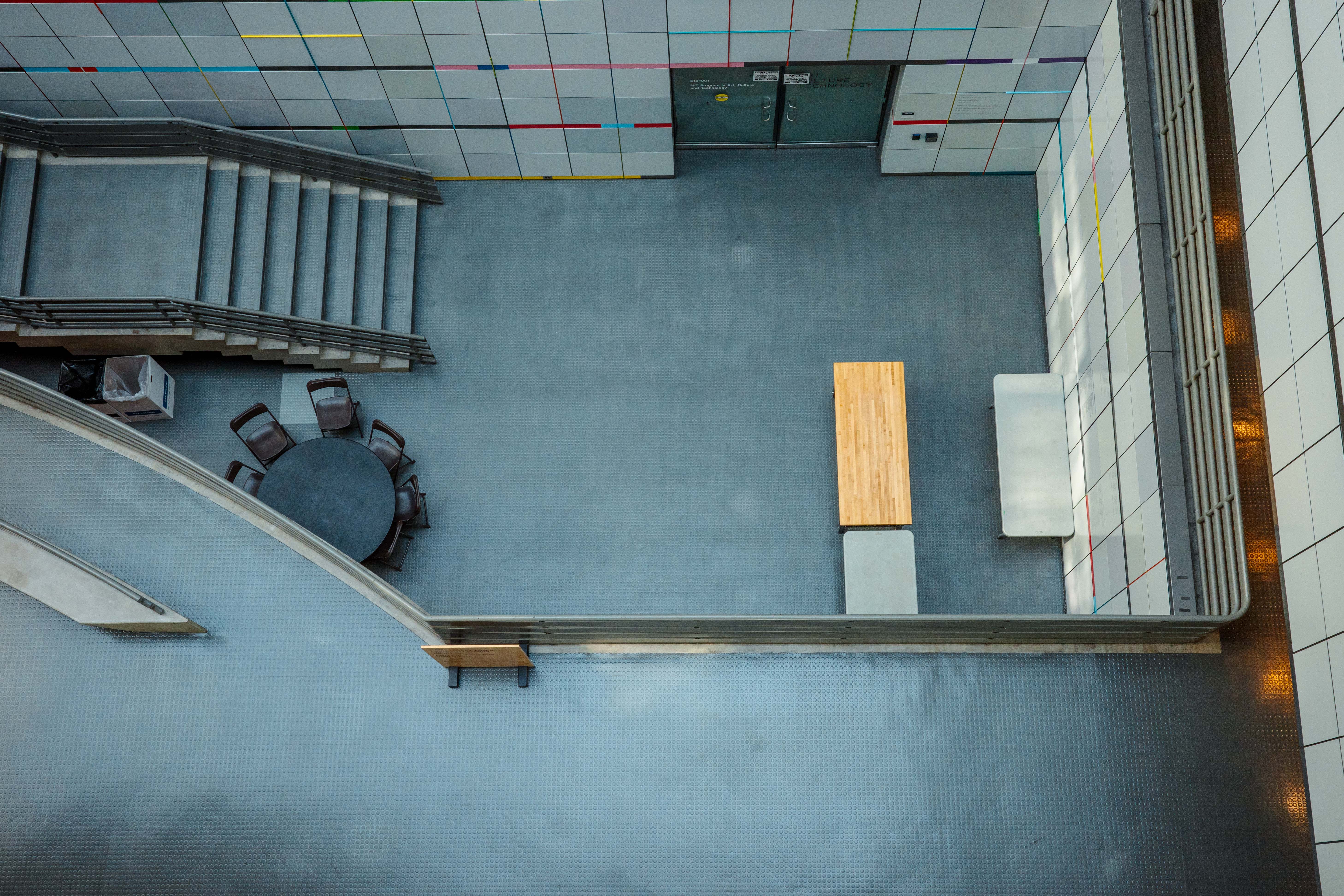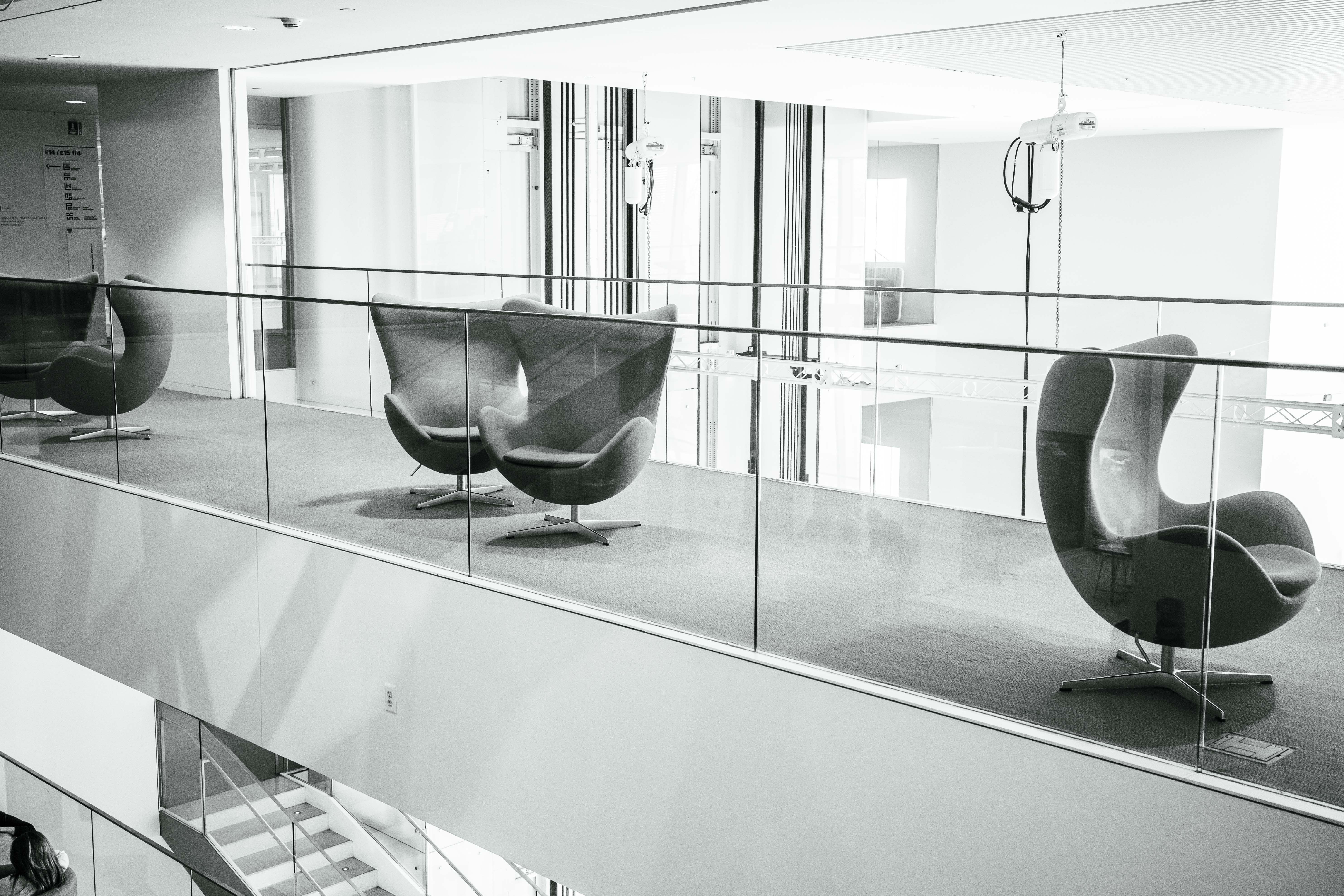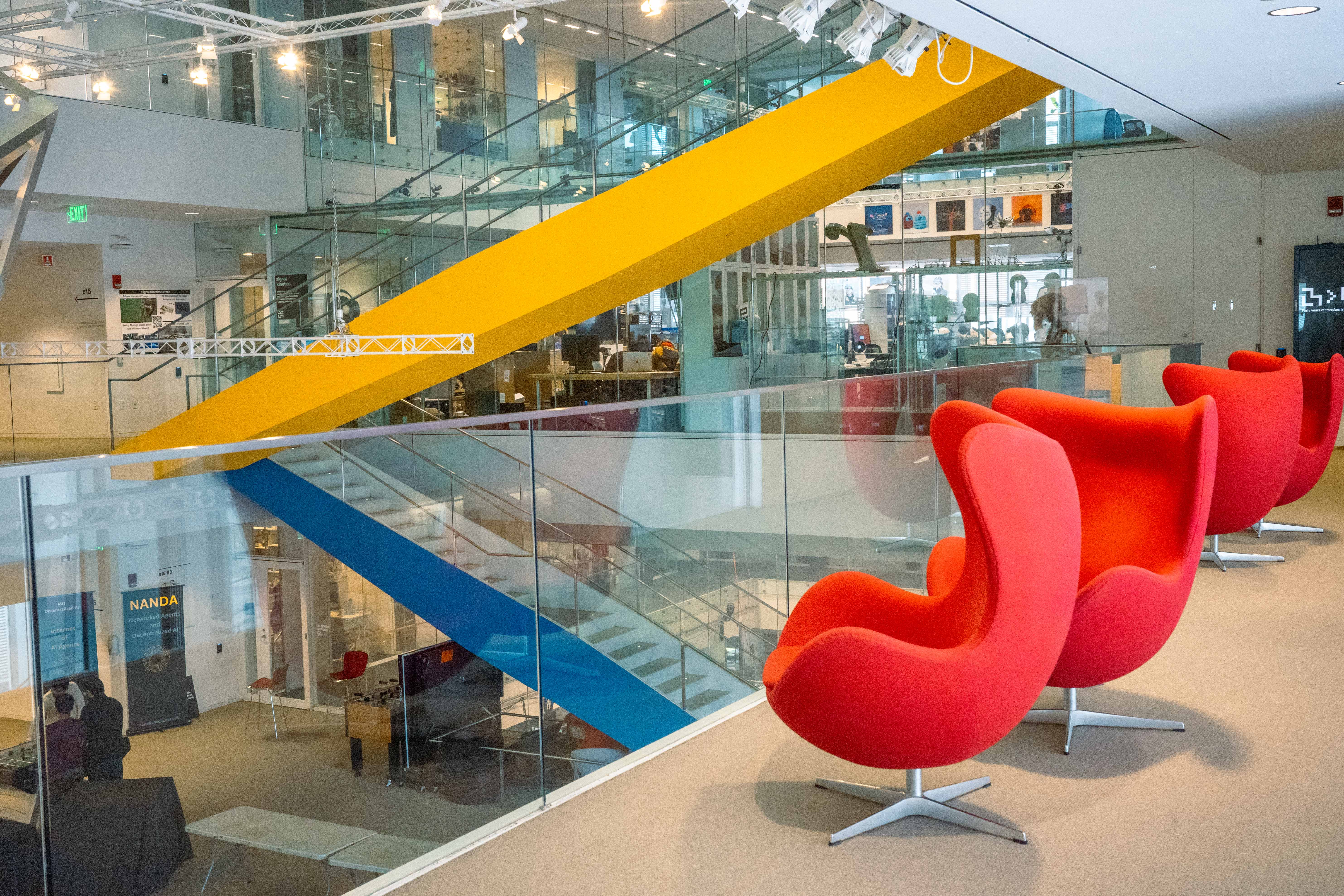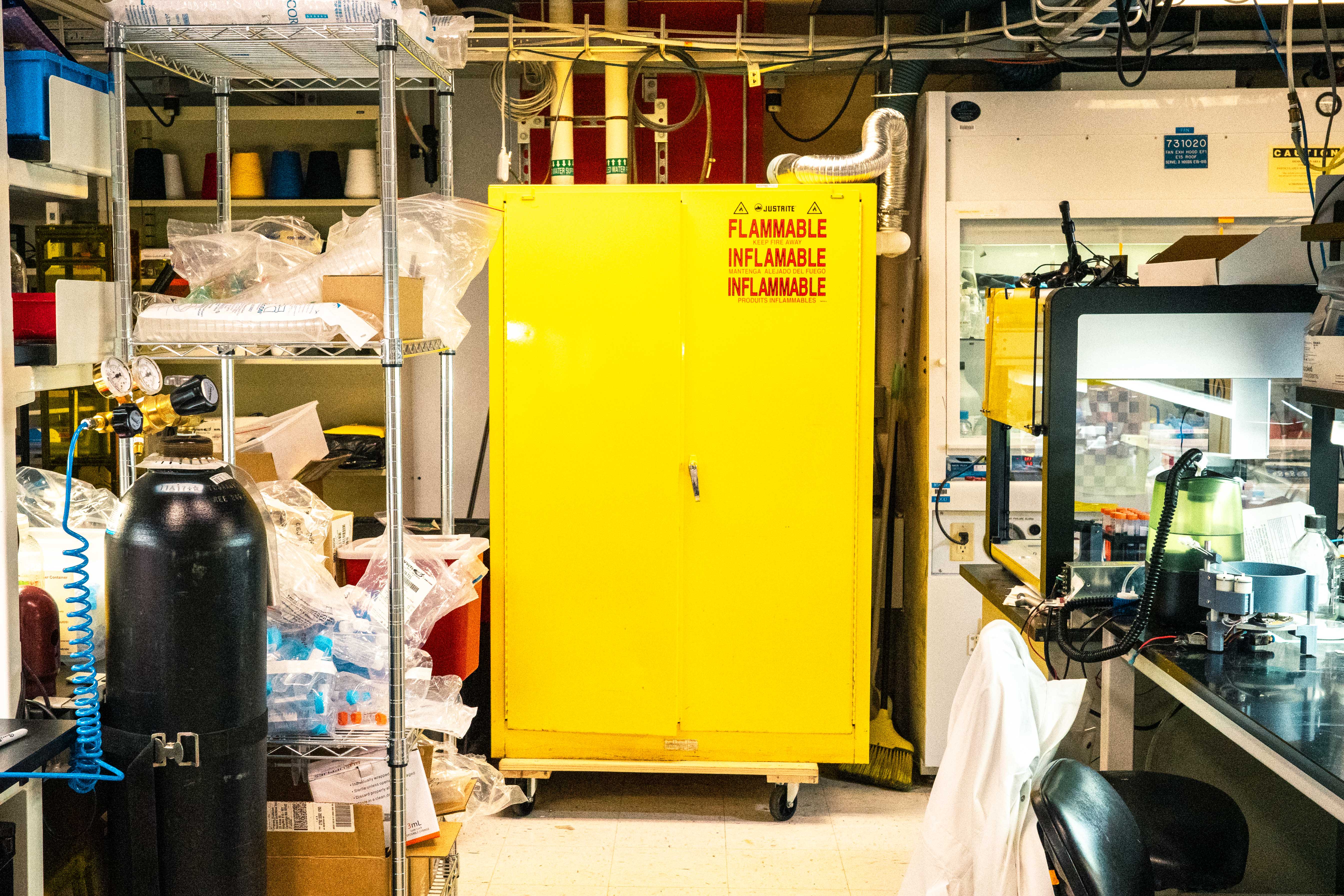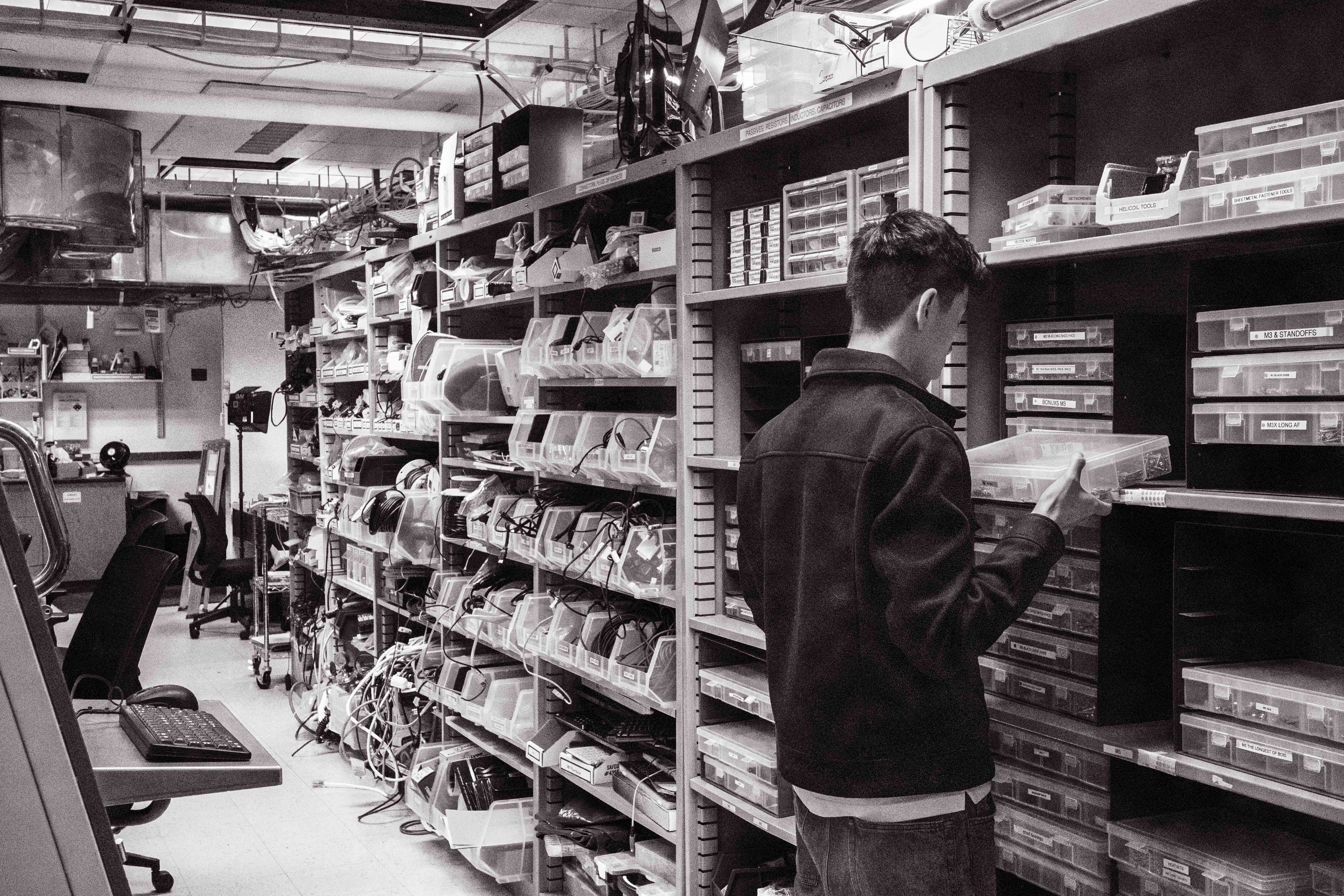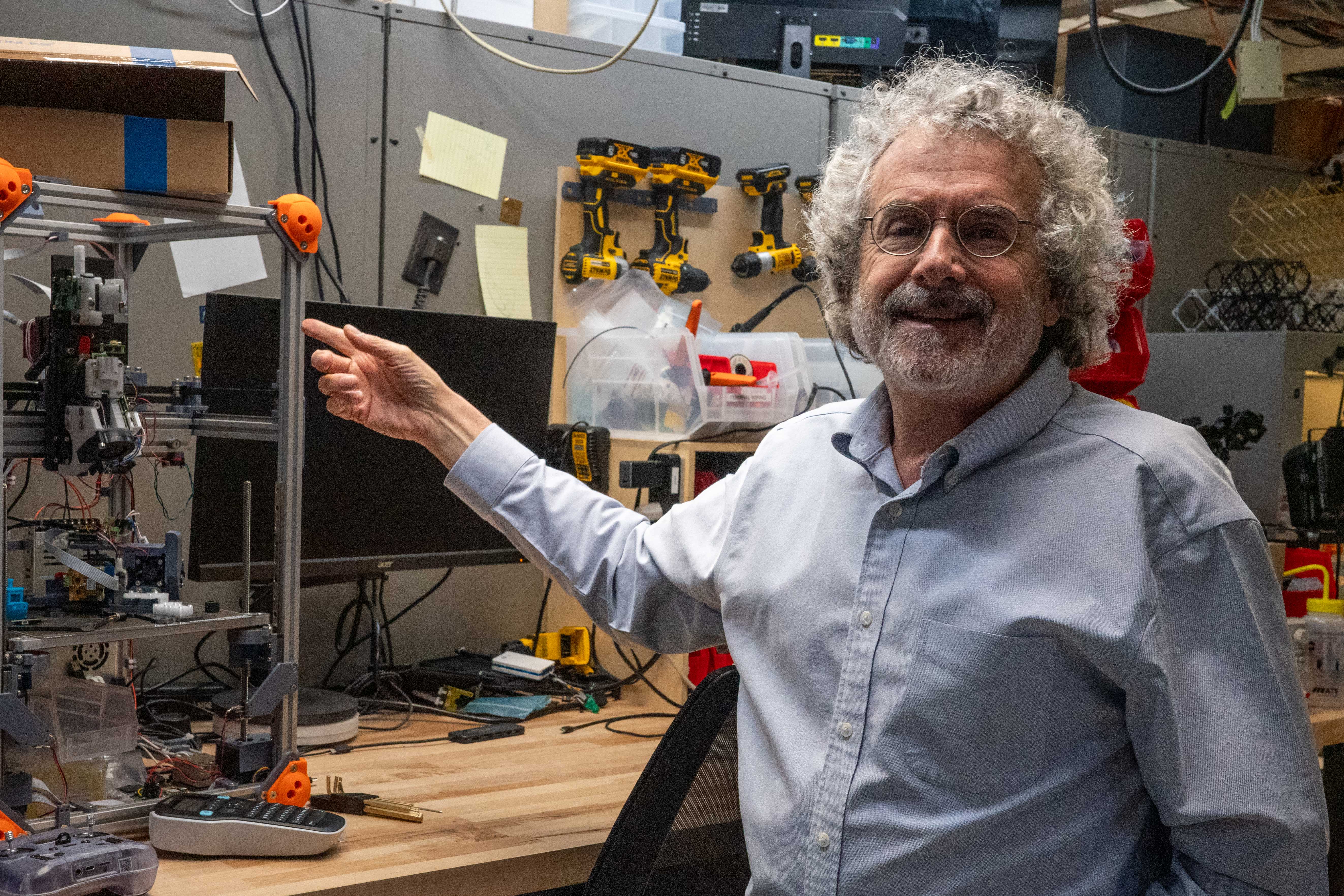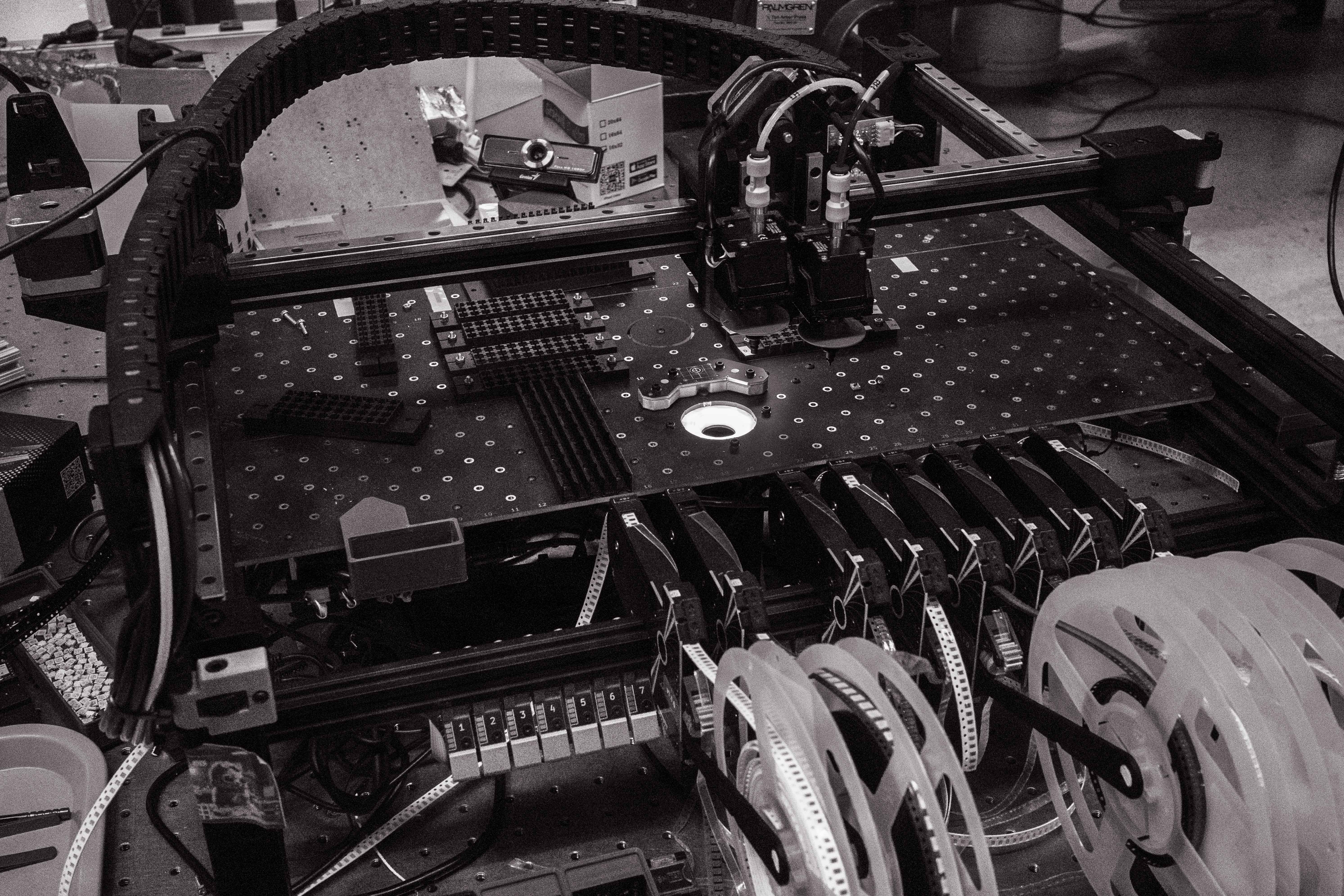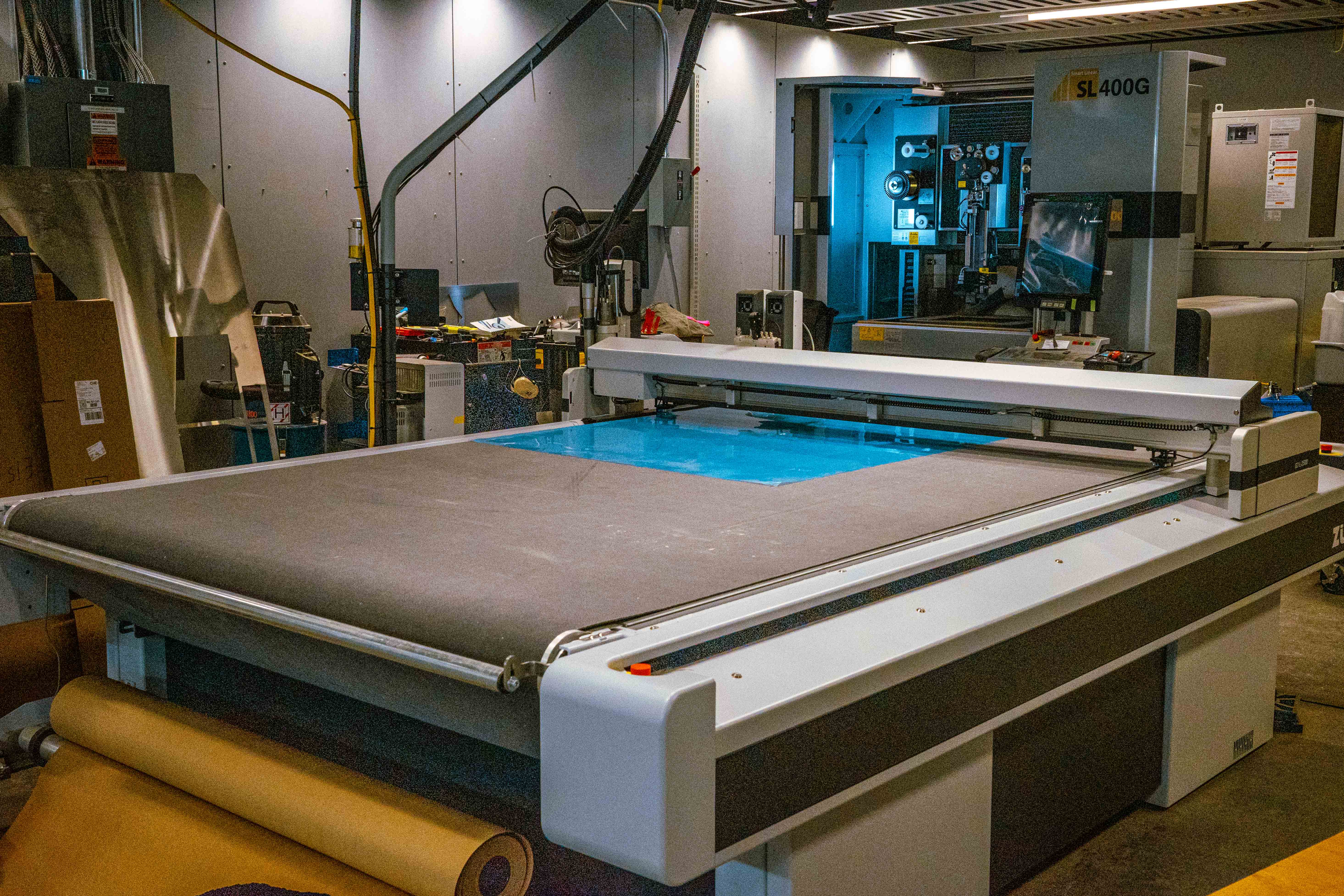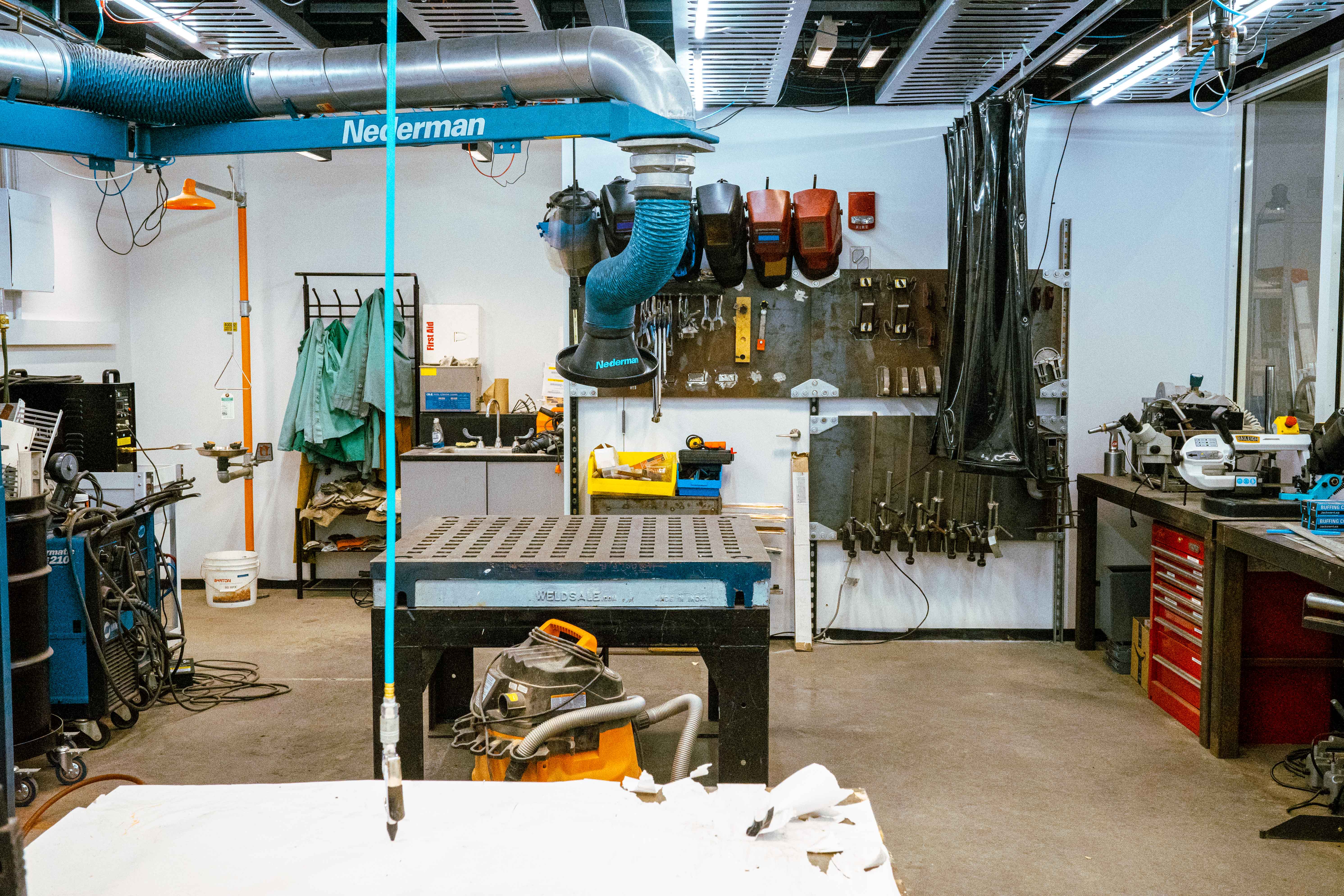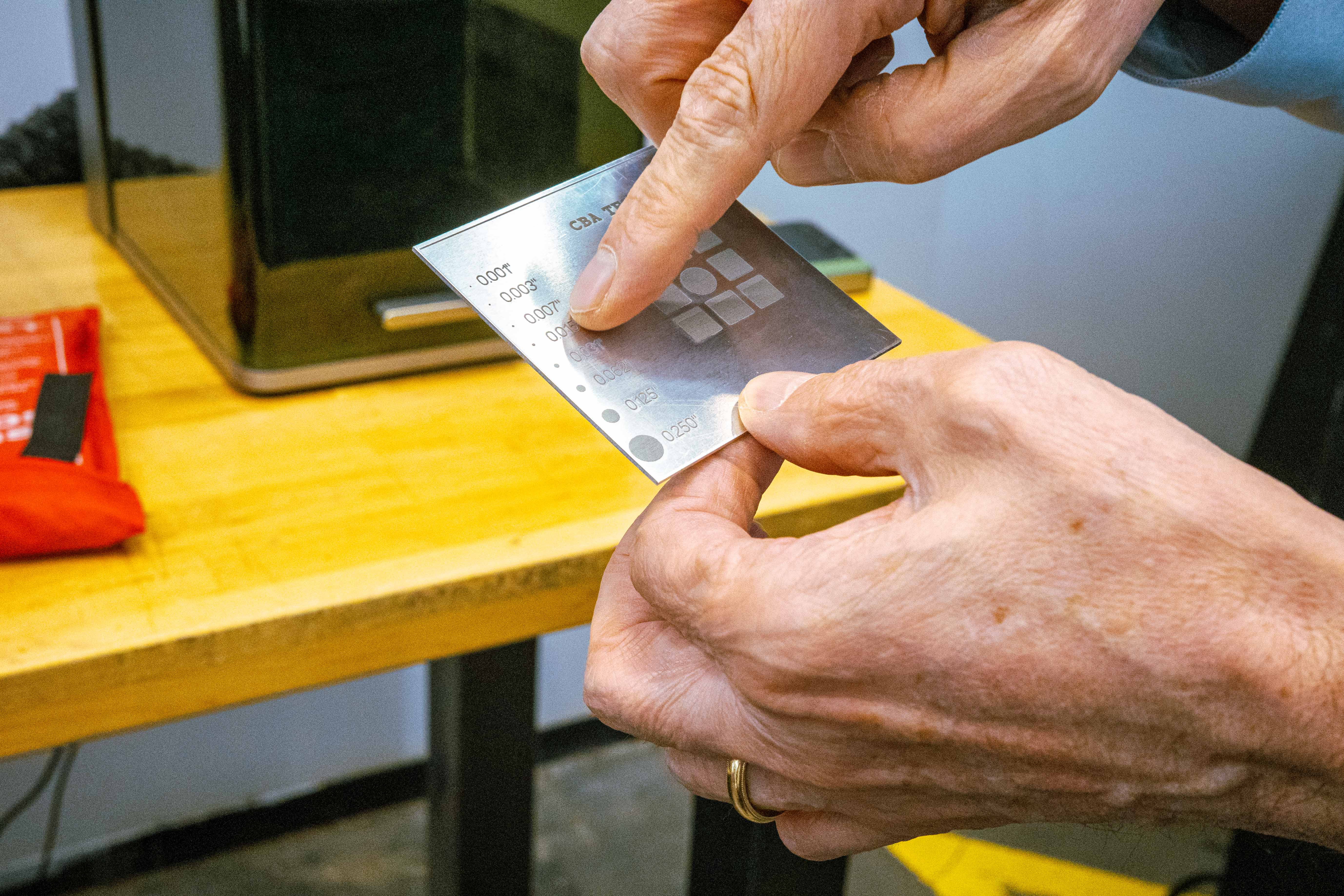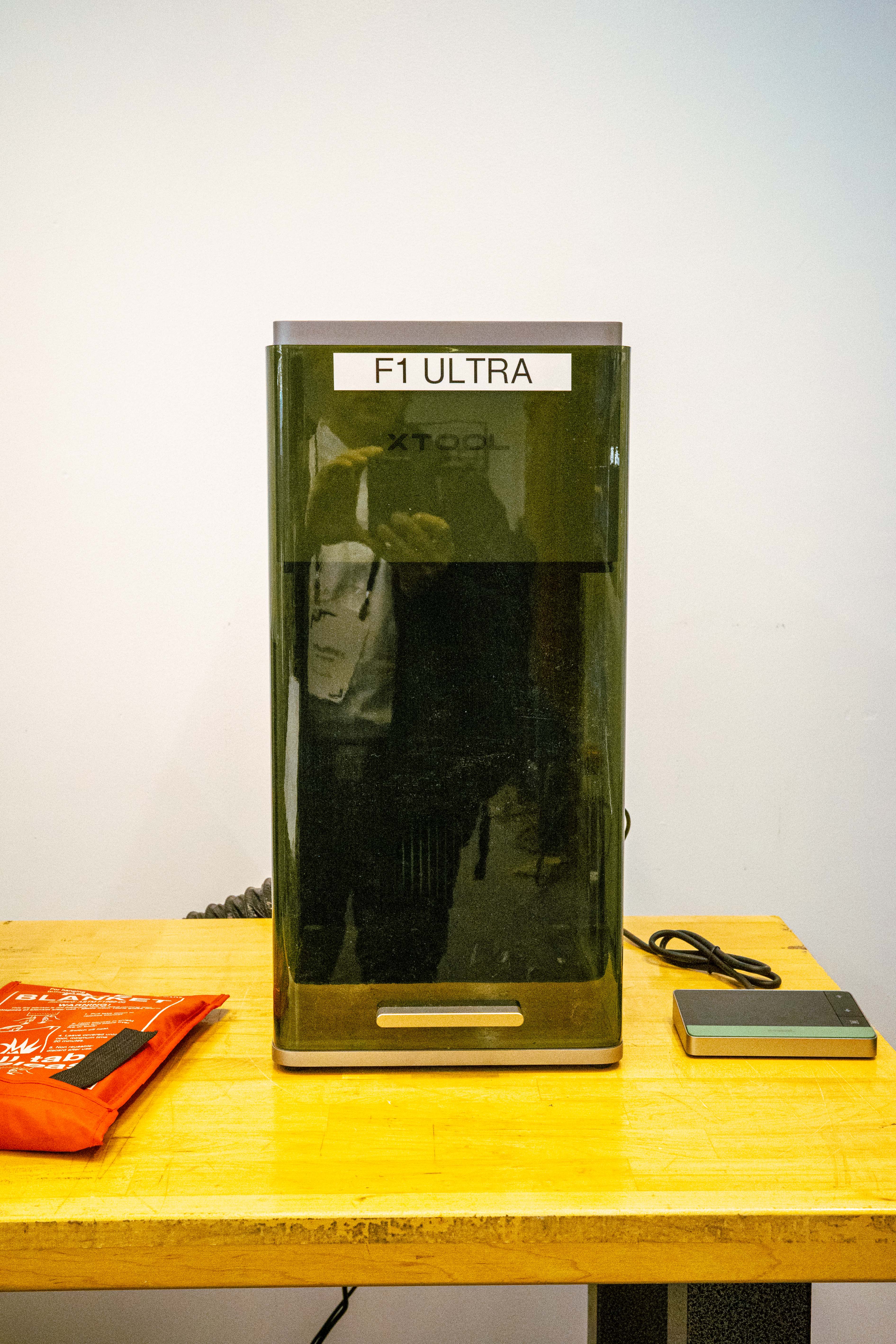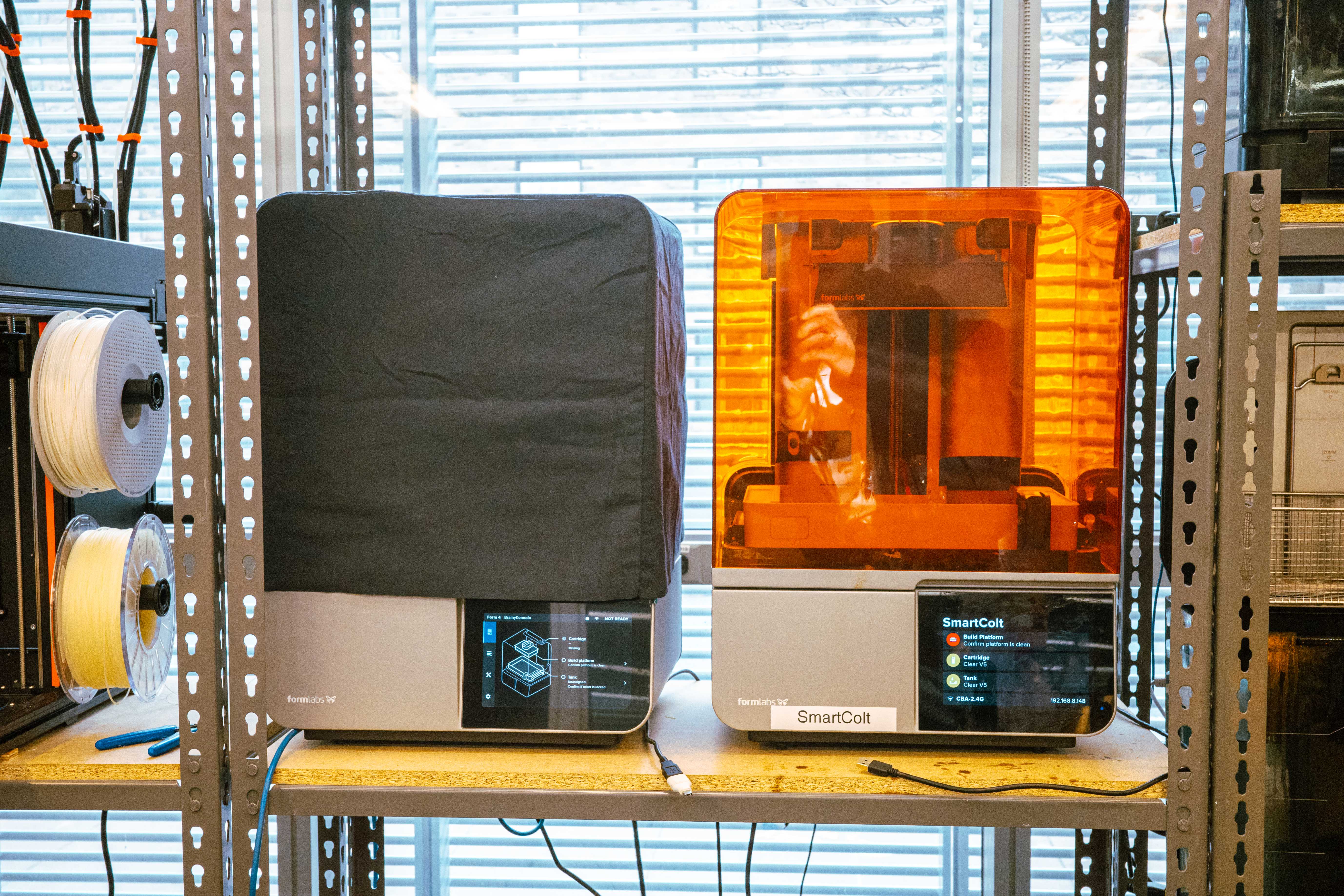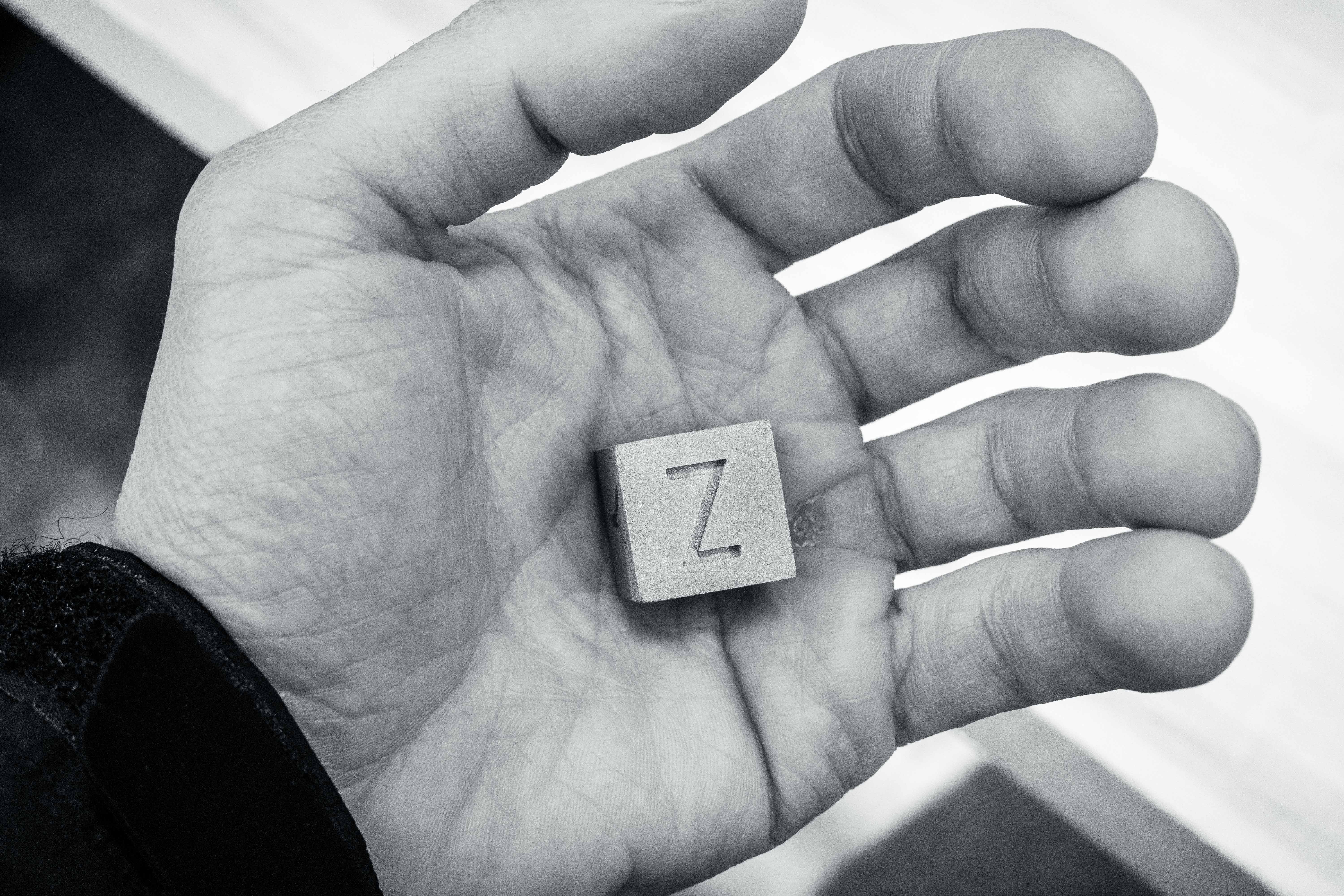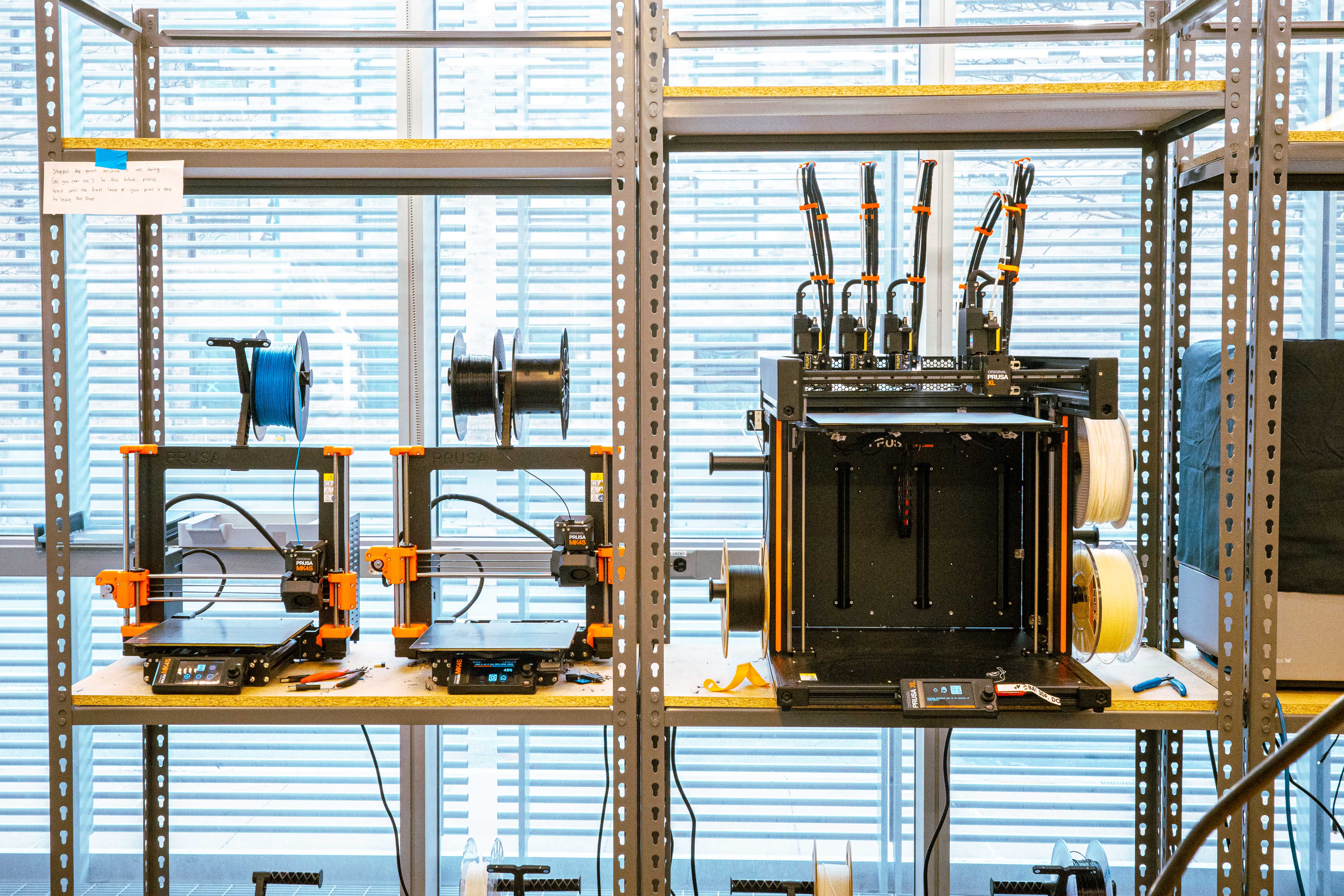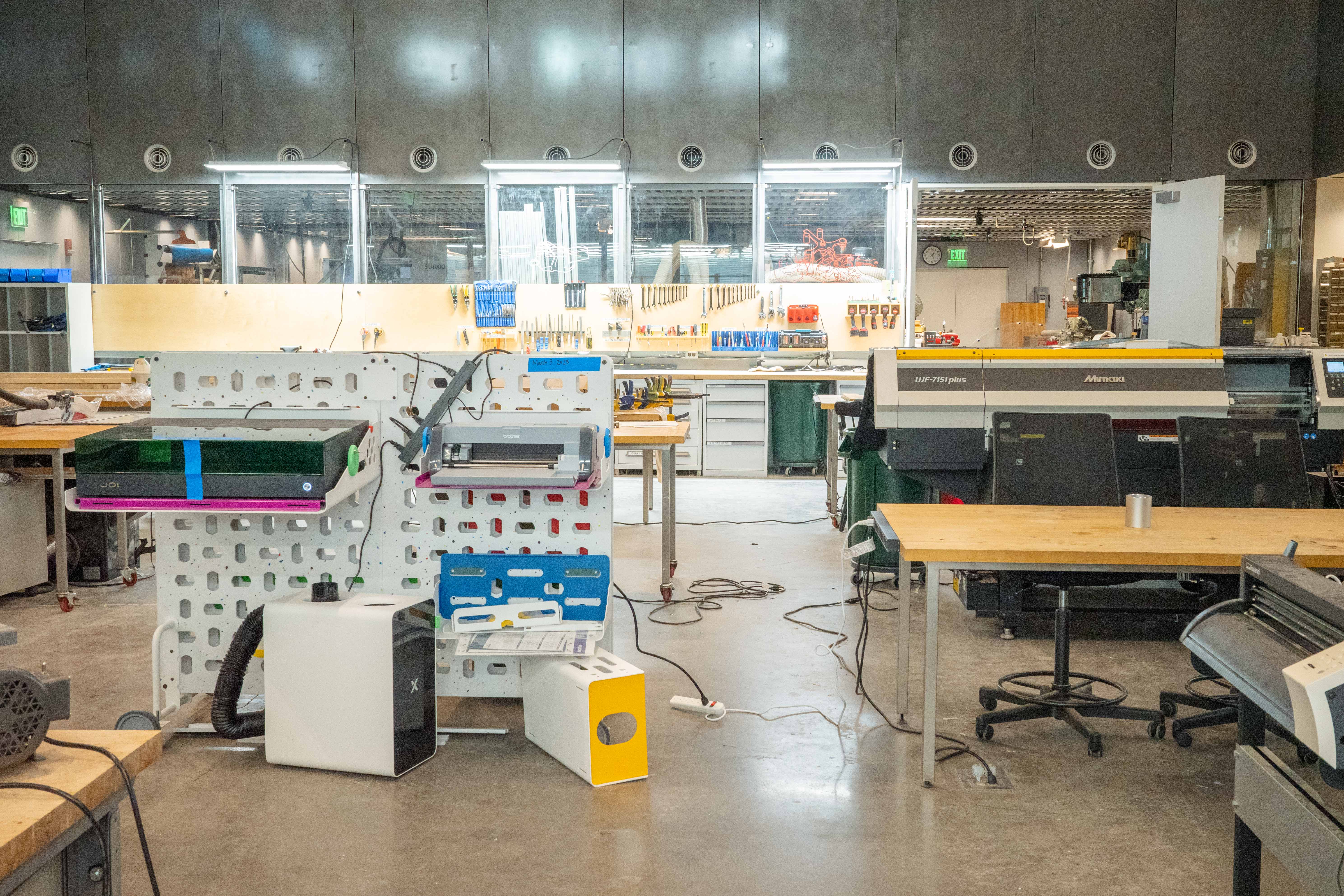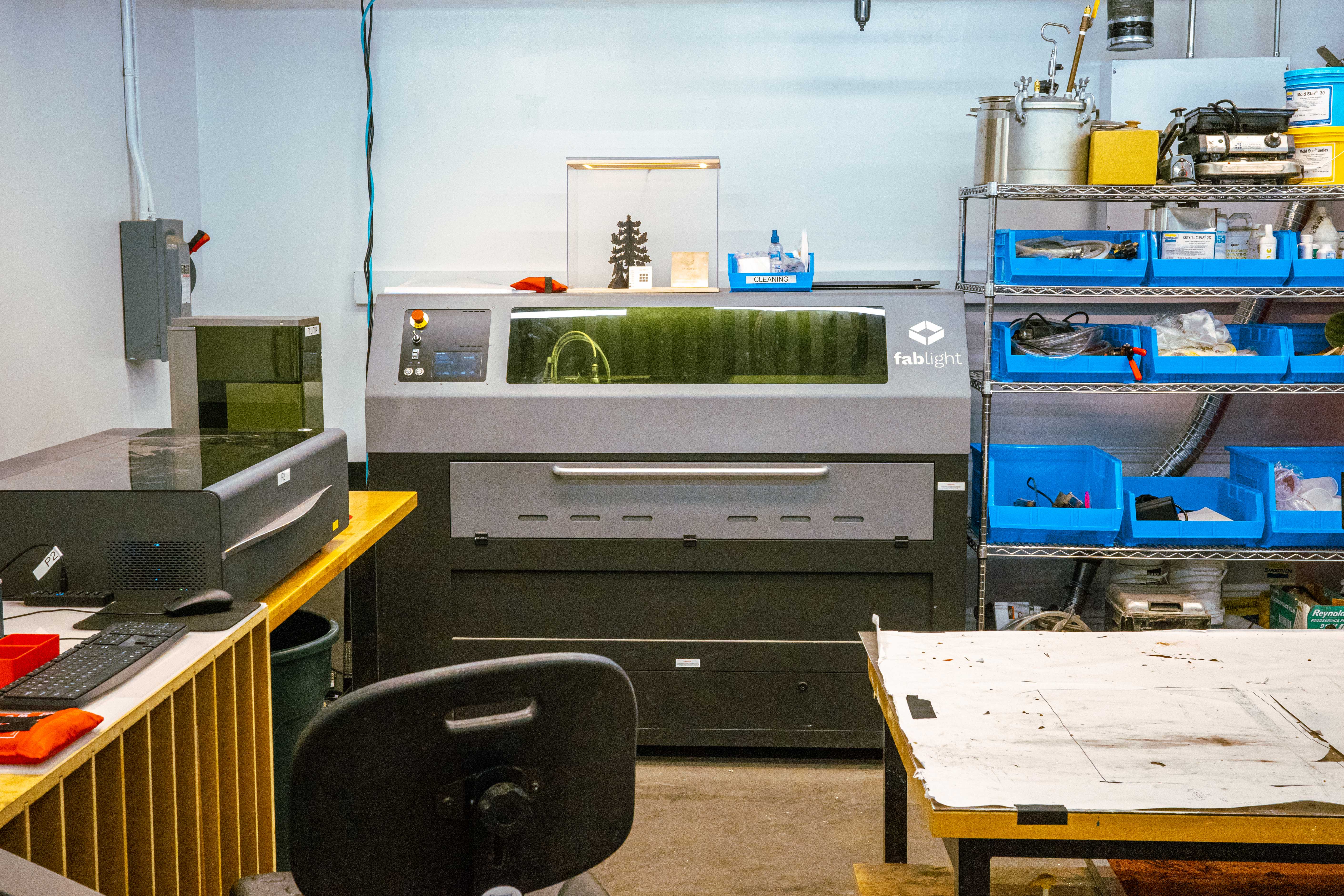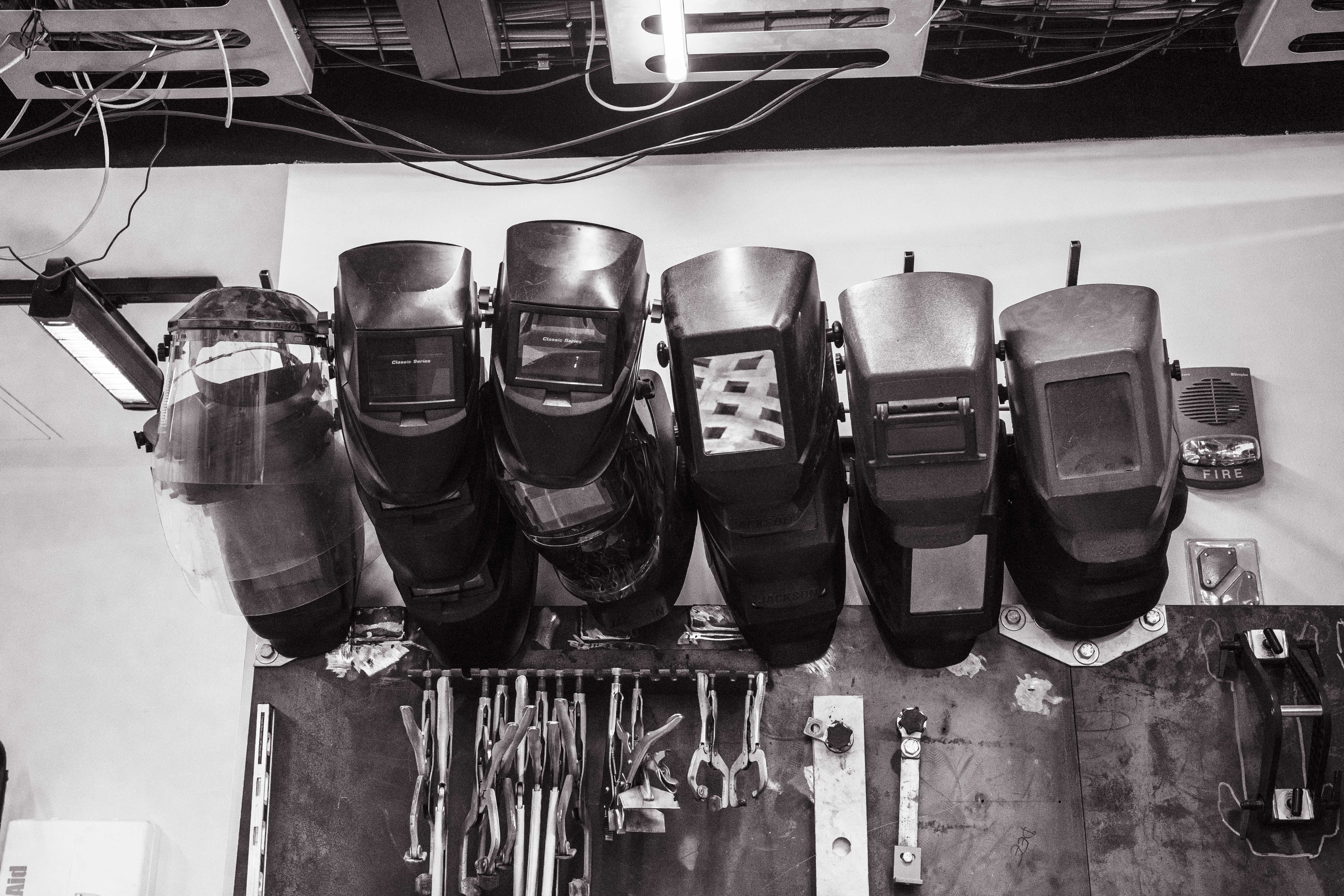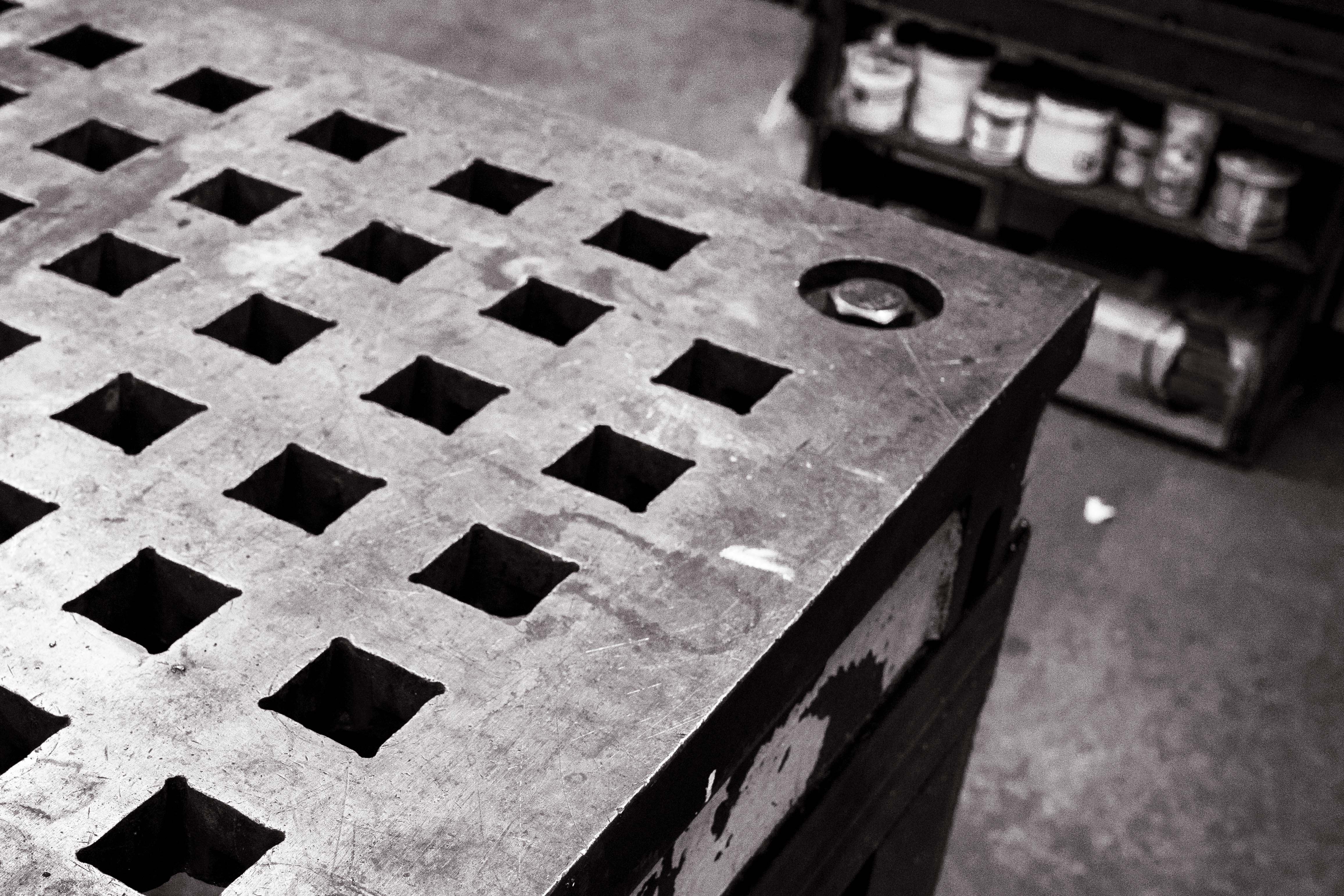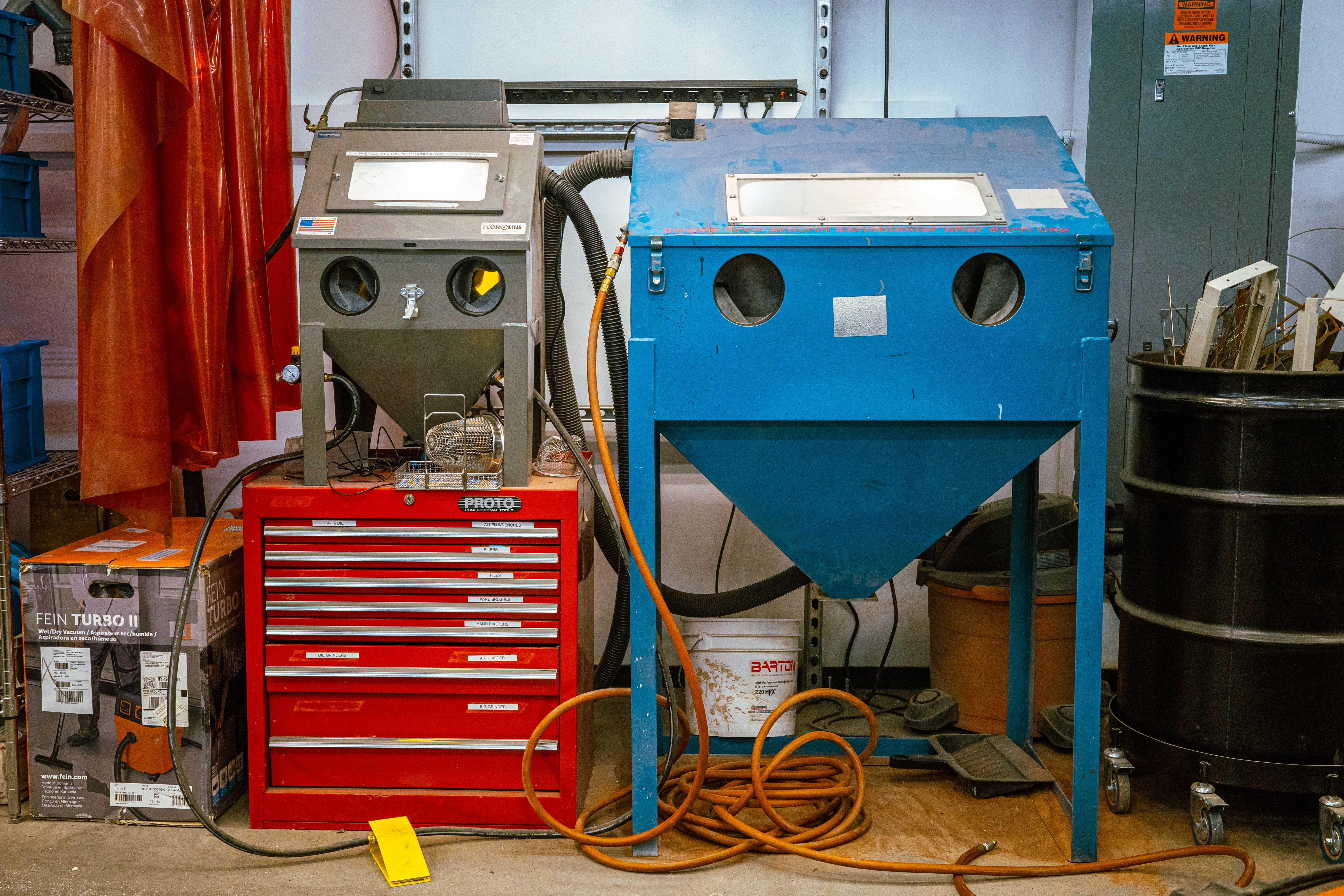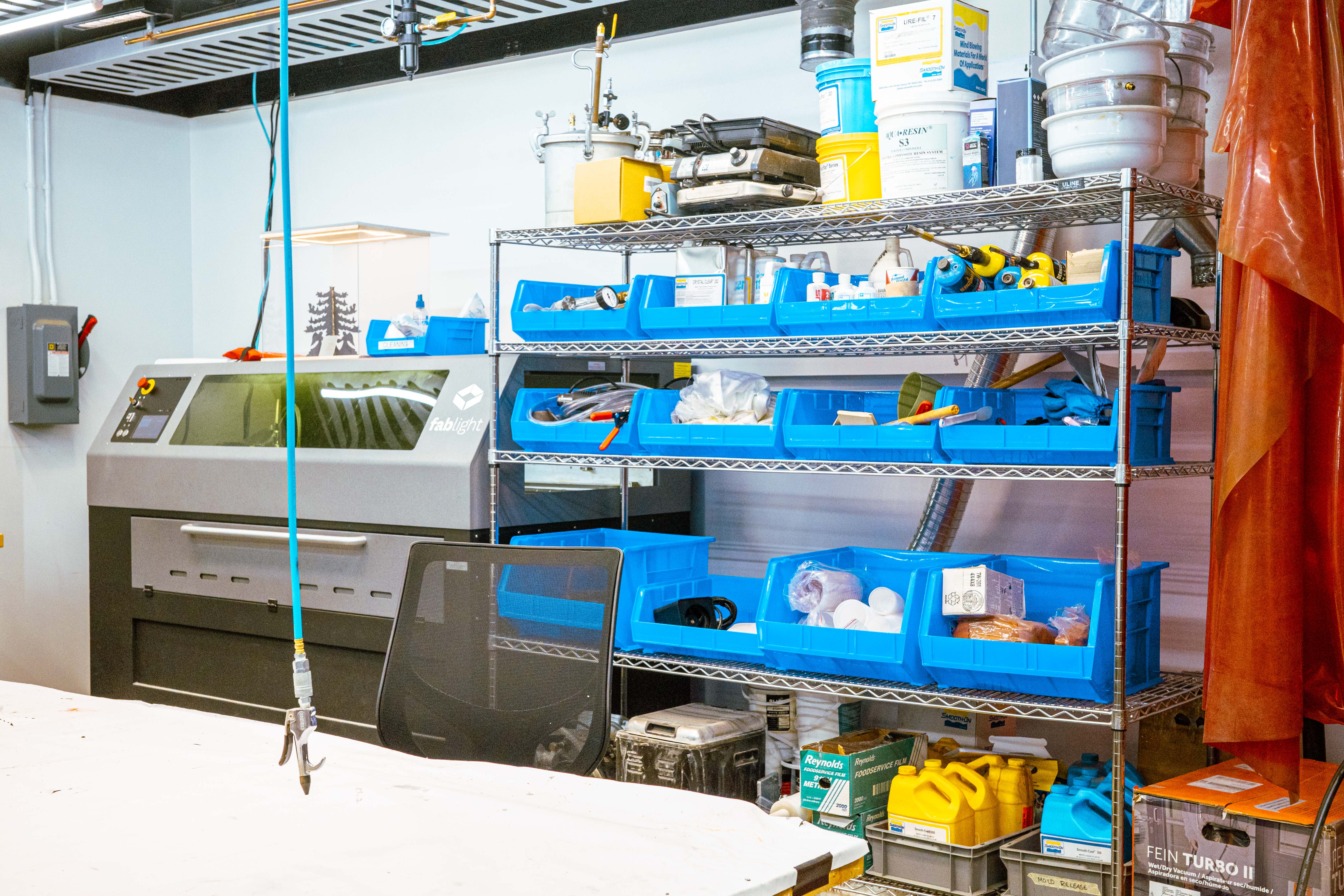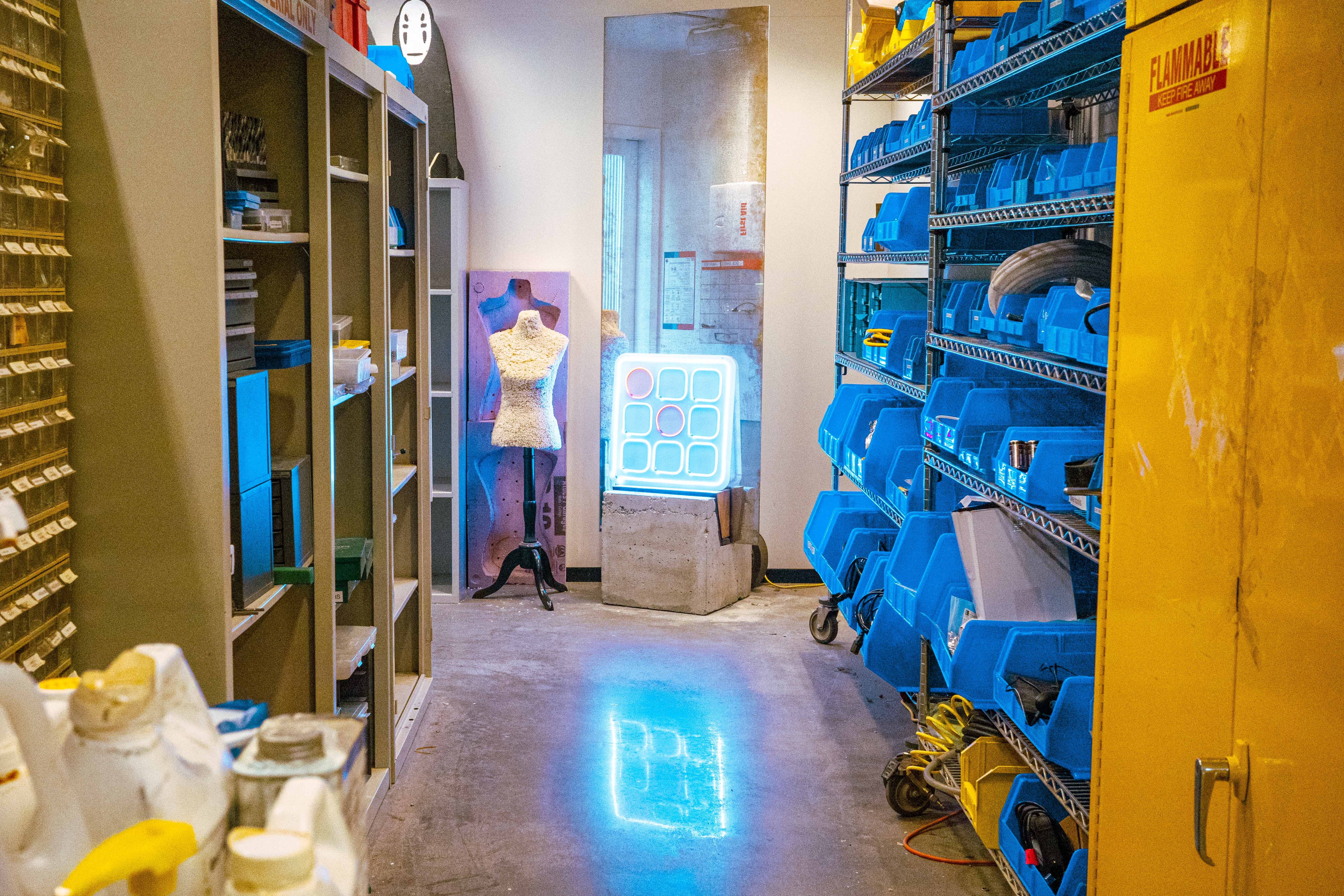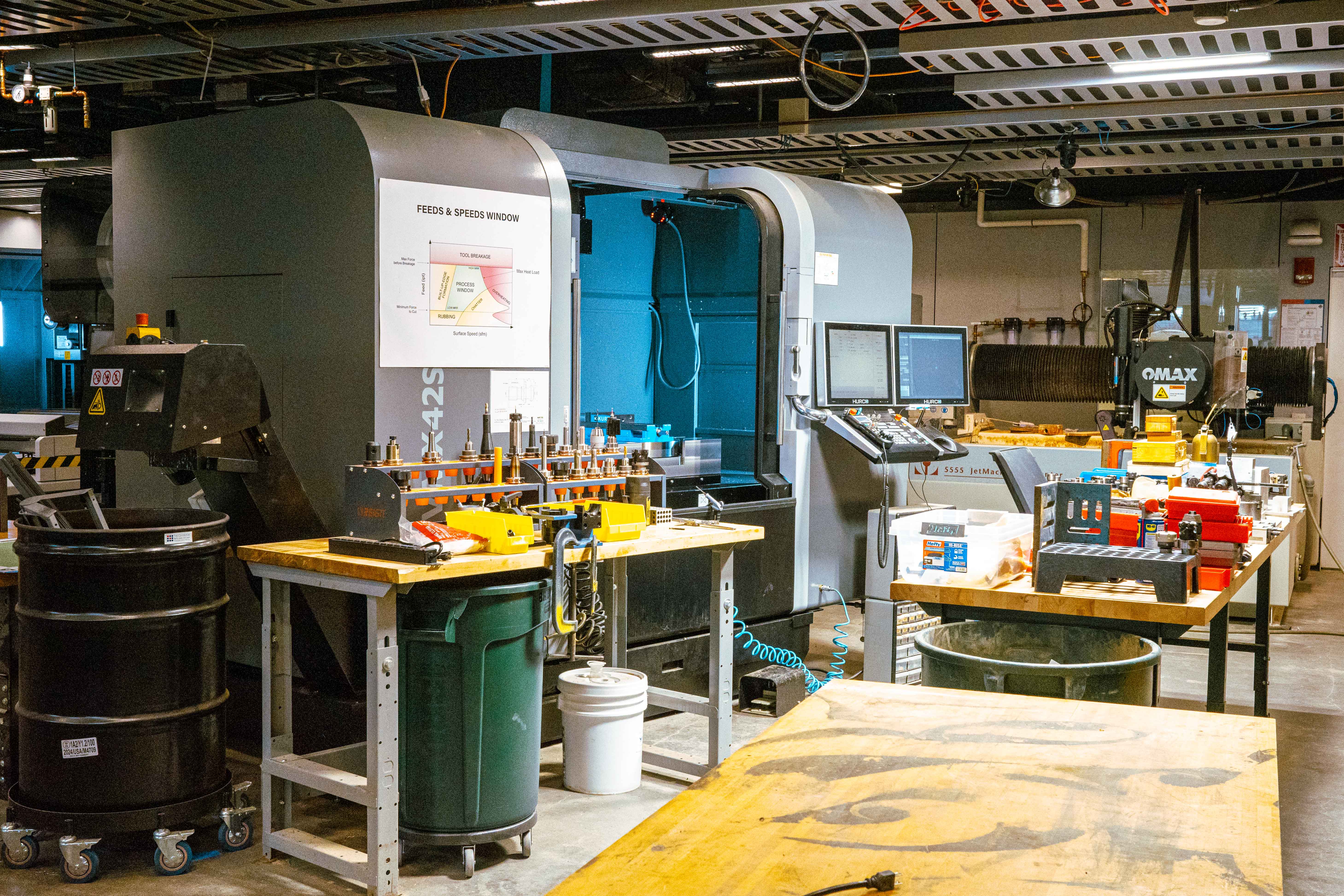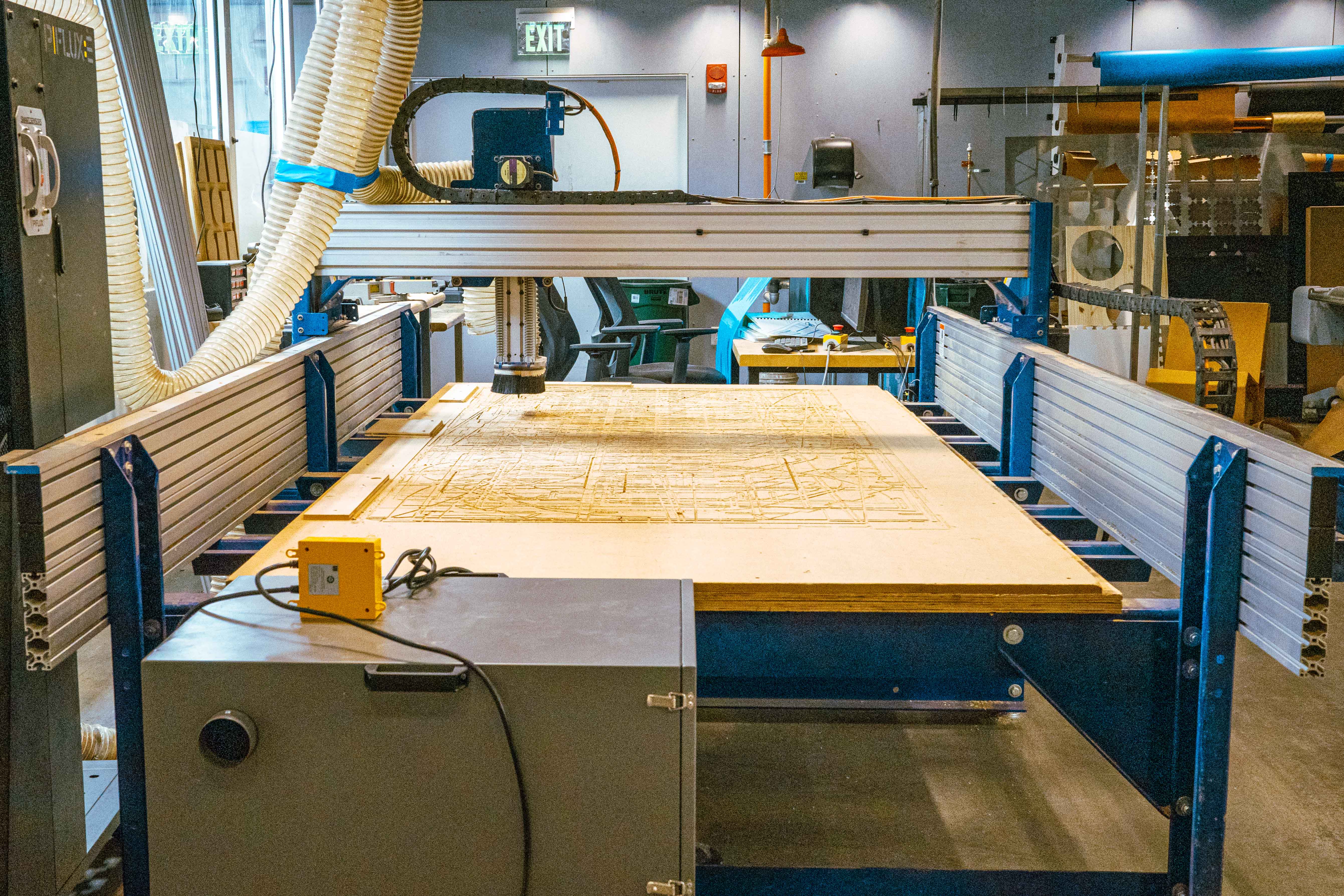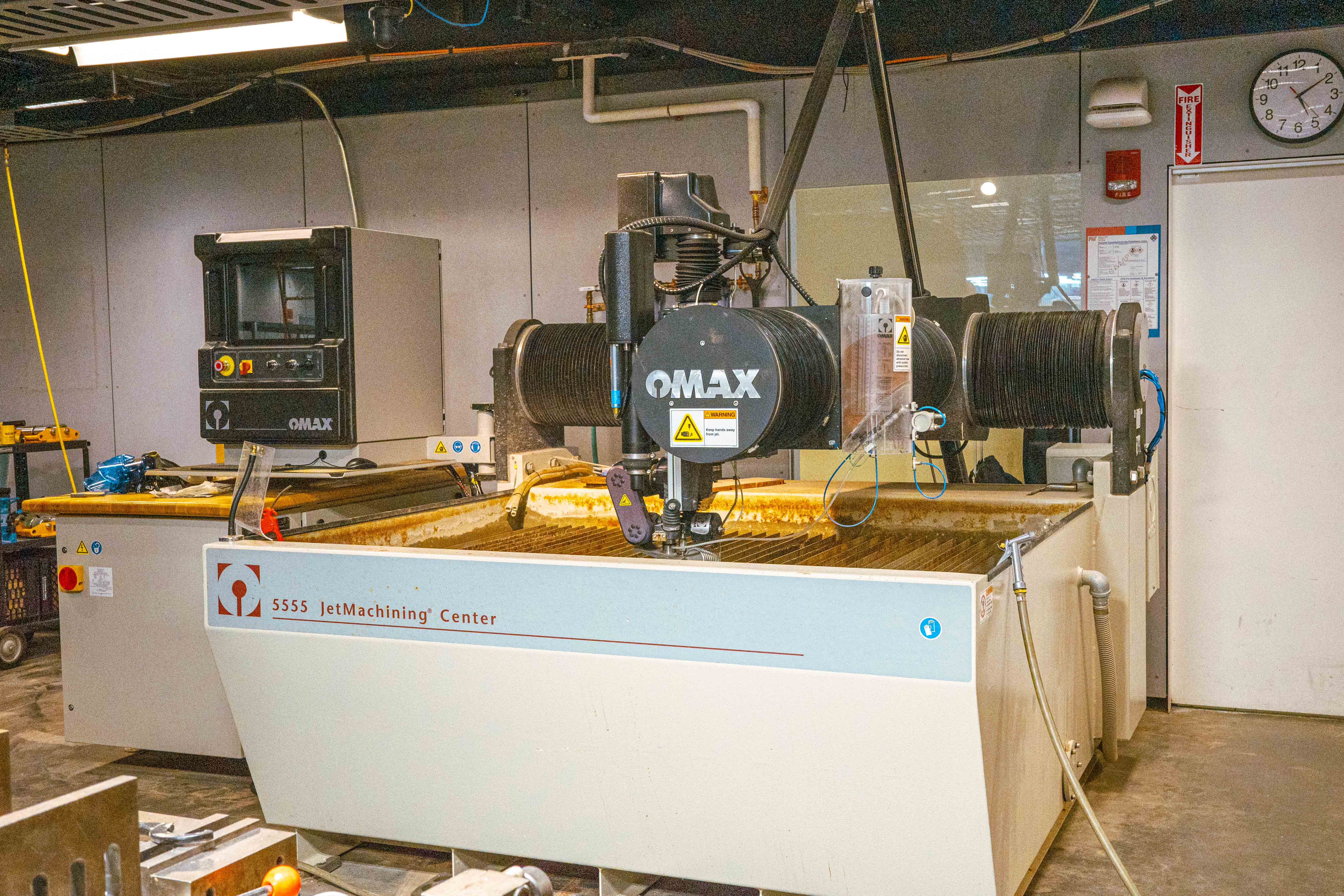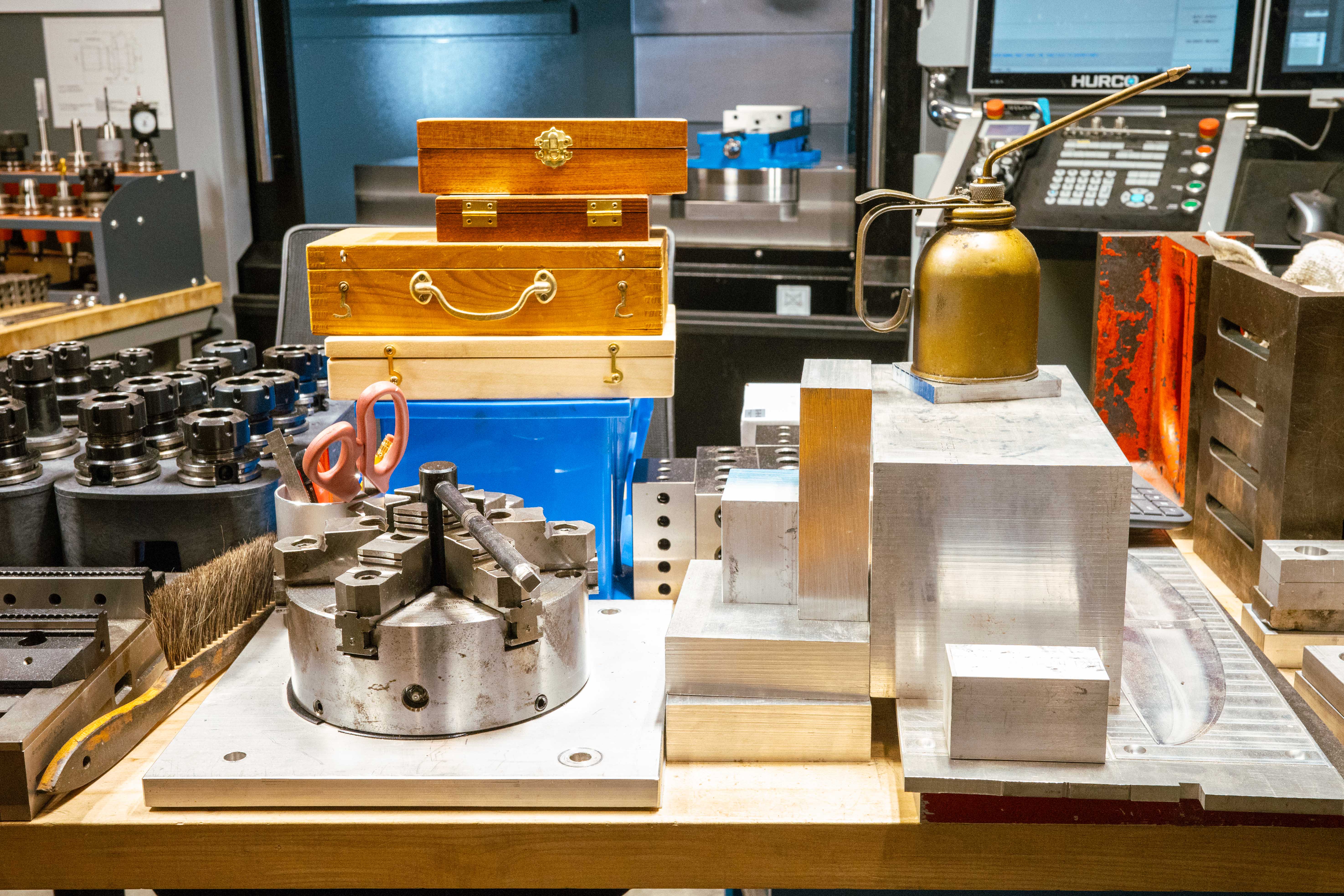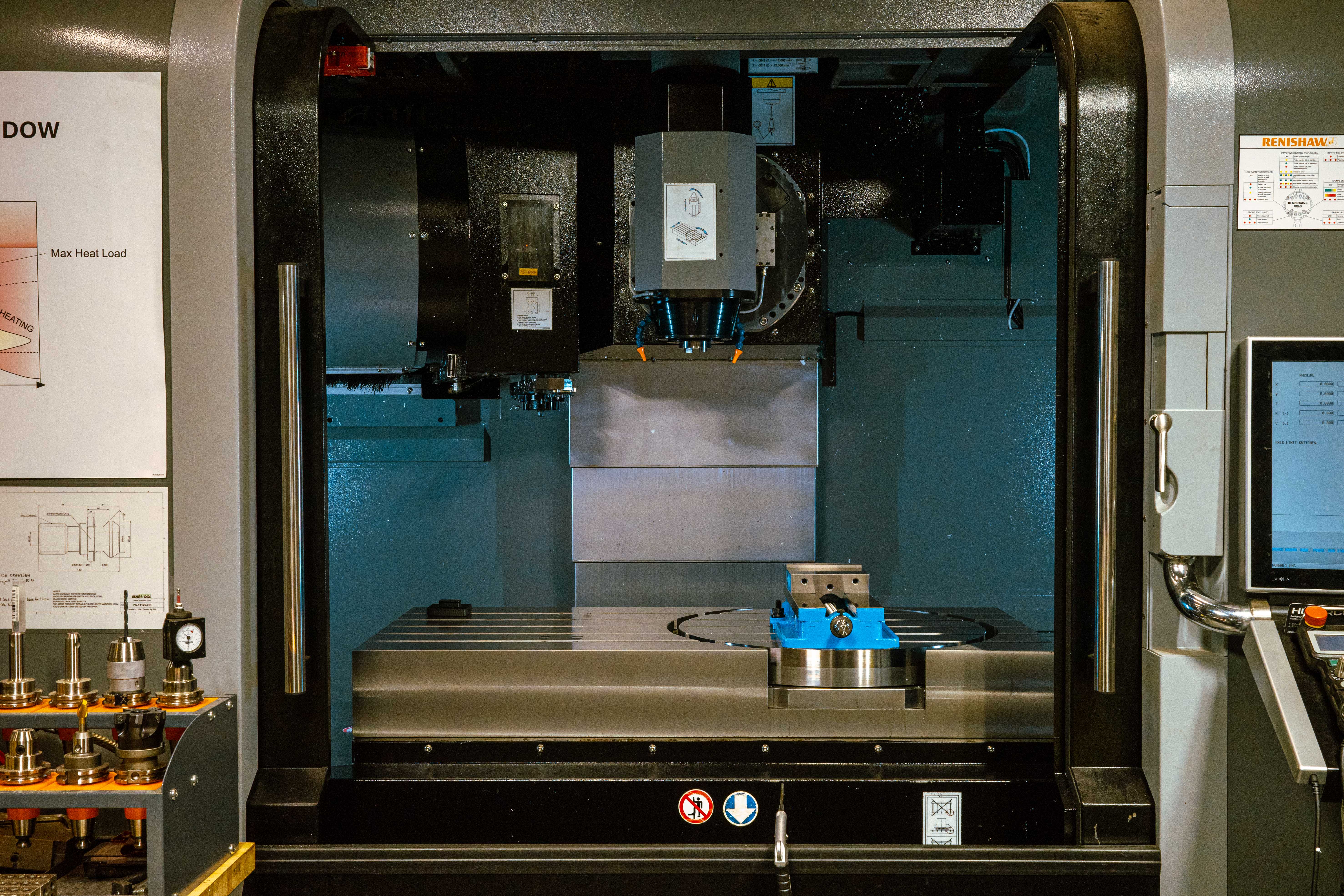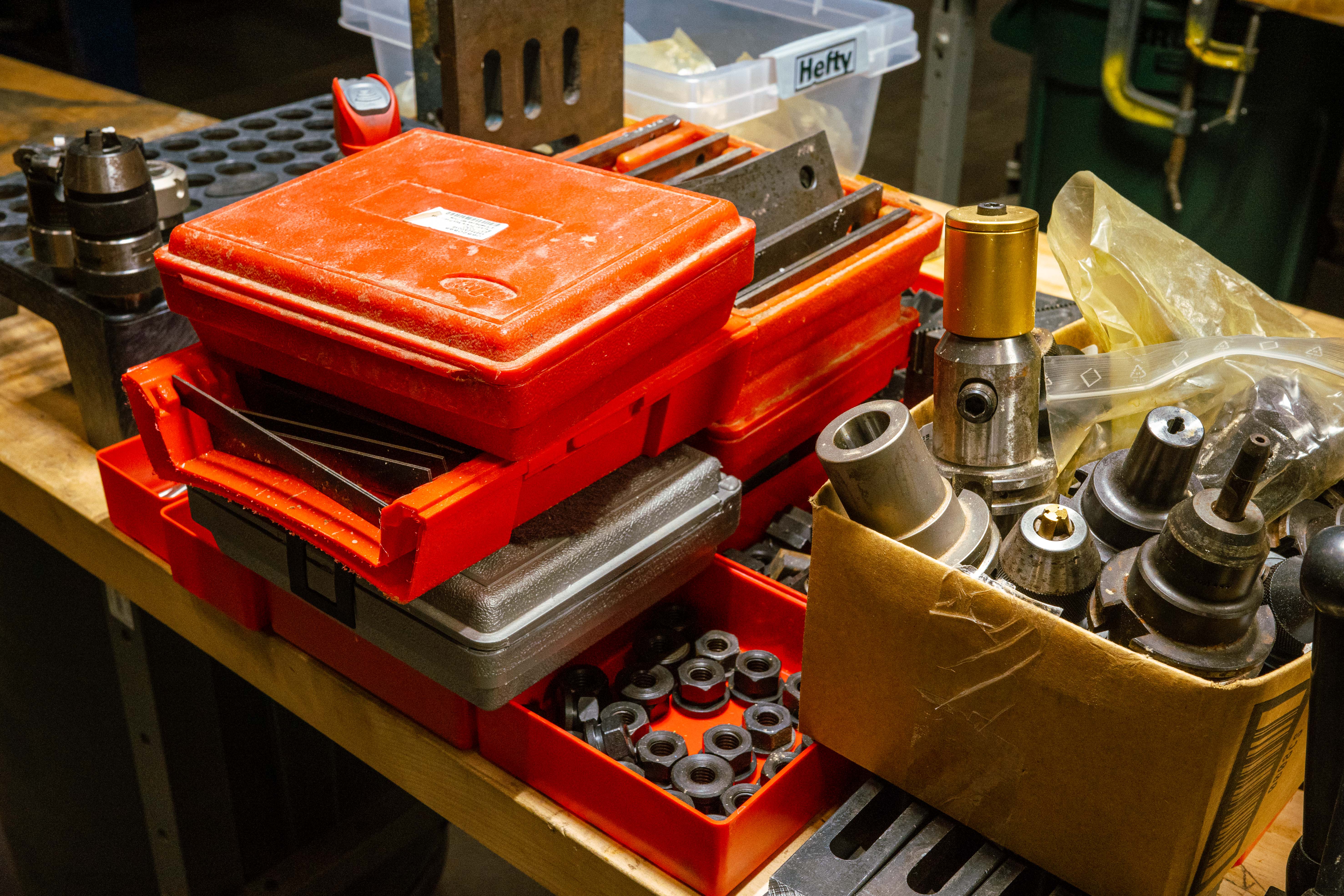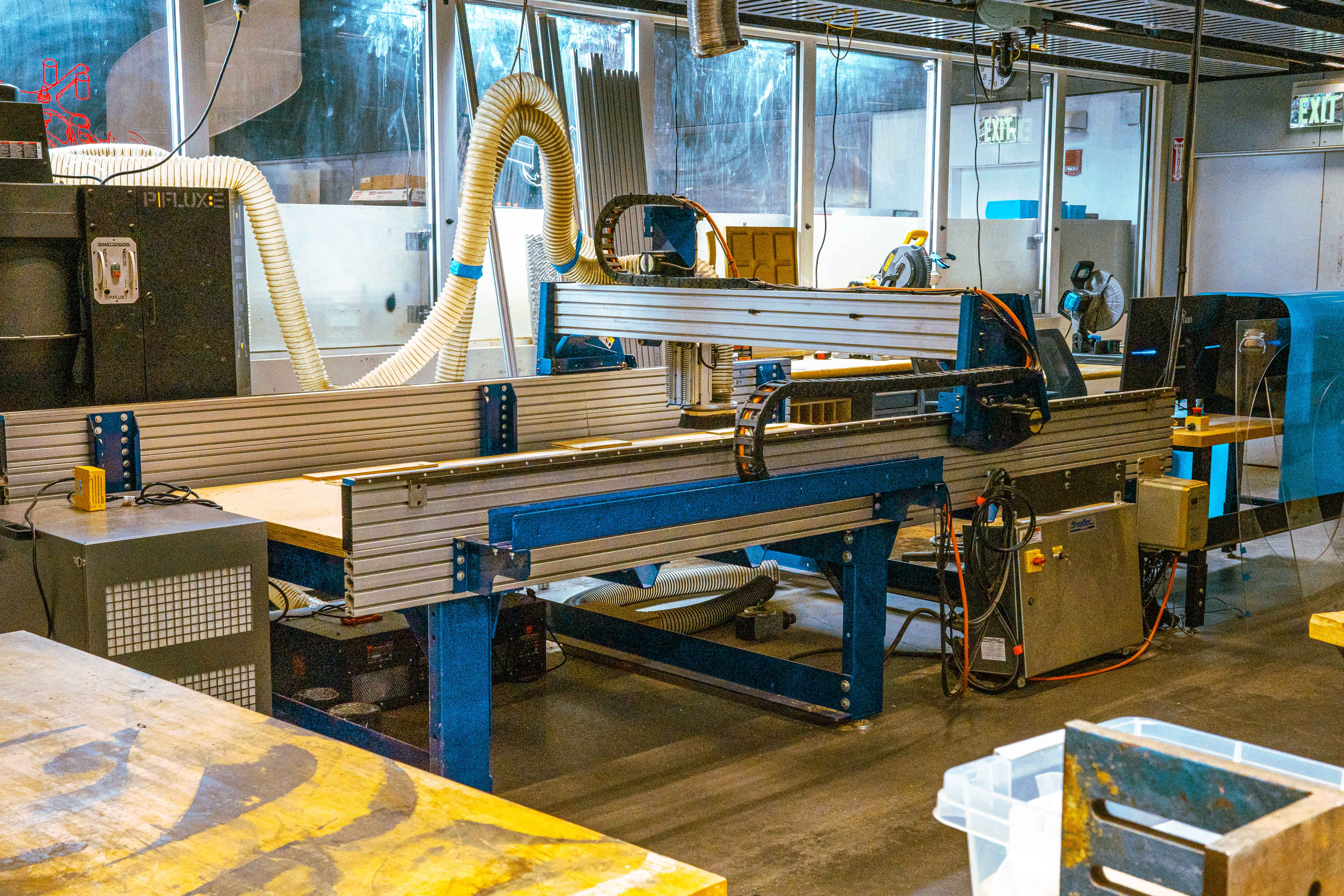I’ve basically been spiraling for the past few weeks. Trying to do my job and personal projects at the same time seems to have caught up with me. Then I reread a few of the blog posts I’d put up and felt weirdly awkward about them. I could’ve sworn they were solid when I hit post? Funny how that works.
Also, it’s been cold and snowing, and all I want to do is splash around in the ocean.
Anyway, I’m traveling again. I went to a conference at MIT Media Lab. The theme was about steering artificial intelligence toward human wellbeing. Since I sometimes use ChatGPT as a life coach, it felt like a relevant topic.
The event turned out to be surprisingly well done. The speakers were engaging, and the talks leaned more toward existential philosophy than technical details. There were even moments of heated disagreement on stage, which made it all feel more alive.
The hospitality was perfect, somehow. Everyone kept saying so. The pacing of the segments—group panels, then short solo talks, then breaks—felt correct. The solo speakers each had eight minutes. The lighting was dark and moody, and the acoustics were good. The graphics matched the website. It all had the feel of an intimate salon. I think hospitality is its own kind of invisible architecture—like an energy field you can sense but not fully explain. It was cool to feel this mysterious energy field there.
Part of why I went was to catch up with some people. I spent the afternoon with Neil Gershenfeld, who runs the Center for Bits and Atoms. That group oversees the big fabrication shop on the first floor. I used to spend a good amount of time running the machines and making things there. The shop is a wildly state-of-the-art facility—and, at least to me, one of the more rad places in existence. Neil says things like, “You can make machines that make machines,” or, “You can make anything at any scale—a transistor or a car.” All somehow true.
Neil does a daily “afternoon walk” through the shop. We did that together, checking out the new machines and projects. At one point, I momentarily exited my body and admired how strange and wonderful this was. Crazy MIT professor-turned-friend, walking us through his showroom of machines. The two of us brought together by a shared enthusiasm for making things—and also for walking.
A lot of the machines look like they have faces and limbs, so it’s easy to anthropomorphize them. It had been a few years since I’d seen some of them, so my internal monologue was mostly just, “Oh hey, you,” and, “You haven’t changed a bit, lol,” like I was at a weird work reunion. I can’t speak for Neil, but his persistent internal monologue is probably just The Matrix cutscene of cascading ones and zeroes.
There’s something more autobiographical and probably cringe I could say about the origins of my enthusiasm for fabrication—my grandfather was a machinist, my dad worked with his hands, and I’m probably wired by some paternal lineage—but I’m not trying to be on my computer too long right now.
Here are some photos from the day.
← back




